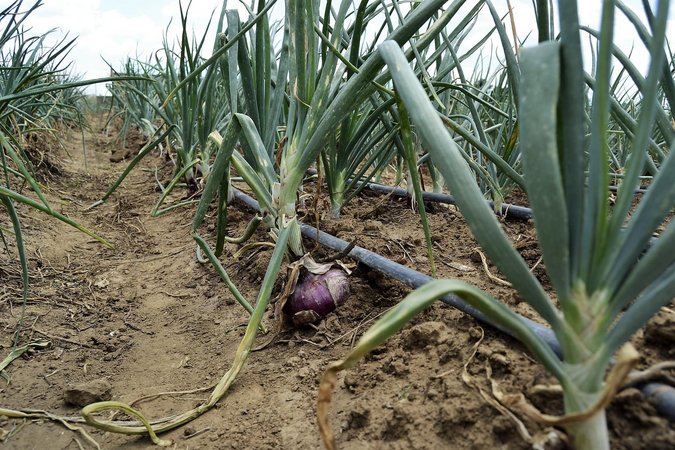Strengthening Capacities for Agricultural Education, Research and Adoption in Kenya | SCARA
Project Coordinator: Benedict Mwavu Mutua
Coordinating Institution: Egerton University
Partner Institution: University of Natural Resources and Life Sciences, Vienna (Dominik Ruffeis)
Partner Country: Kenya
Project Duration: 1st of May 2016 – 30th of November 2020
Abstract
ICT and e-learning will play a major role in the development and economic growth of African countries in the future, the agricultural sector being the backbone. This development heavily depends on the capacity and ability of the young generation. However, rural poverty is still a burning issue of many poor and underprivileged rural farmers, especially of young female farmers. Education and lifelong learning, through means of ICT (e-learning and m-learning) in respective areas will be a key in reaching the countries’ development goals and reducing rural poverty as well as food and nutrition insecurity. The universities’ role to develop innovative technologies in the field of water for food is often impeded by a poor rate of farm level adoption.
ICT4Ag is a tool that helps to boost the development of technologies that are tailor-made for small-scale-farmers. These technologies have to meet the demands and address such pertinent issues like climate change-induced risks. Also ICT4Ag plays a vital role in dissemination of knowledge and exchange of information, which in turn can be used to develop demand driven research and technologies, hence increase technology adaption.
This project will address these topics by strengthening Egerton University’s capacity in the field of ICT and research targeting proper adoption pathways through:
- Improving the capacity of university and faculty staff to effectively develop tailor-made research activities to increase adoption rates of water for food initiatives at farm level;
- Development of effective mechanisms for youth in agriculture in order to address future challenges of water for food and nutrition security, access to information and learning, and improved capacity of future human resources;
- Functioning communication and networking channels through partnerships between key actors (universities, farmer groups, extension services, development actors, infomediaries, media and private sector) to identify options for ICT4Ag, e-Learning and m-Learning solutions for the secondary and tertiary education sector;
- Identification of viable solutions for ICT4Ag.
